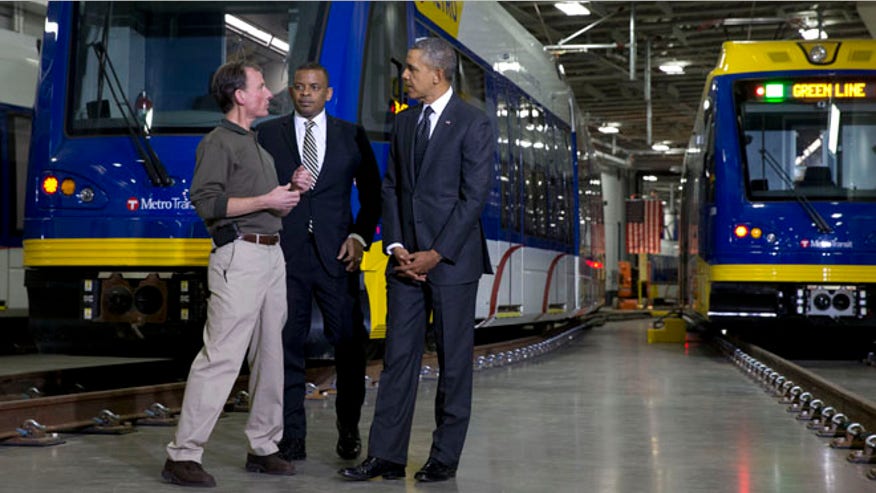1. CA’s gas taxes are the 4thhighest in the nation.
According to the American Petroleum Institute, California’s 61-cent-per-gallon gas taxes are the 4th highest in the nation, behind only Pennsylvania, New York and Hawaii. This does not include the recent addition of extra cap-and-trade taxes resulting from bringing fossil fuels under California’s AB 32 law.
2. CA’s gas prices are the nation’s highest.
According to AAA, the current national average price for a gallon of ‘regular’ gasoline is $2.63. California’s current average price is $3.69 per gallon (as of 8/5/15).
3. CA’s gas tax & transportation fees yield $10.6 billion annually.
According to the State of California, Department of Transportation, Division of Budgets, 2014/2015 Fiscal Year estimates, the State brings in at least $10.6 billion in taxes and fees “dedicated to transportation purposes.”
4. Caltrans spends just 20% of that revenue on state road repair & new construction.
Last year, Caltrans spent $1.2 billion in state road maintenance & repair, and $850 million in new construction. Similar amounts are planned for the 2015/2016 CA State budget.
5. Caltrans wastes half a billion $$ annually on extra staffing.
The Legislative Analyst’s Office (LAO) report on the review of the Caltrans’ Capital Outlay Support Program found that the agency is overstaffed by 3,500 positions at a cost of $500 million per year.
6. CA’s roads rank near the bottom in every category, including:
- 46th in rural interstate pavement condition
- 49th in urban interstate pavement condition
- 46th in urban interstate congestion
7. Poor road conditions cost Californians $17 billion yearly in vehicle repairs.
34% of CA’s major roads are rated to be in “poor” condition. Driving on roads in need of repair costs California motorists $17 billion a year in extra vehicle repairs and operating costs – $702.88 per motorist.





